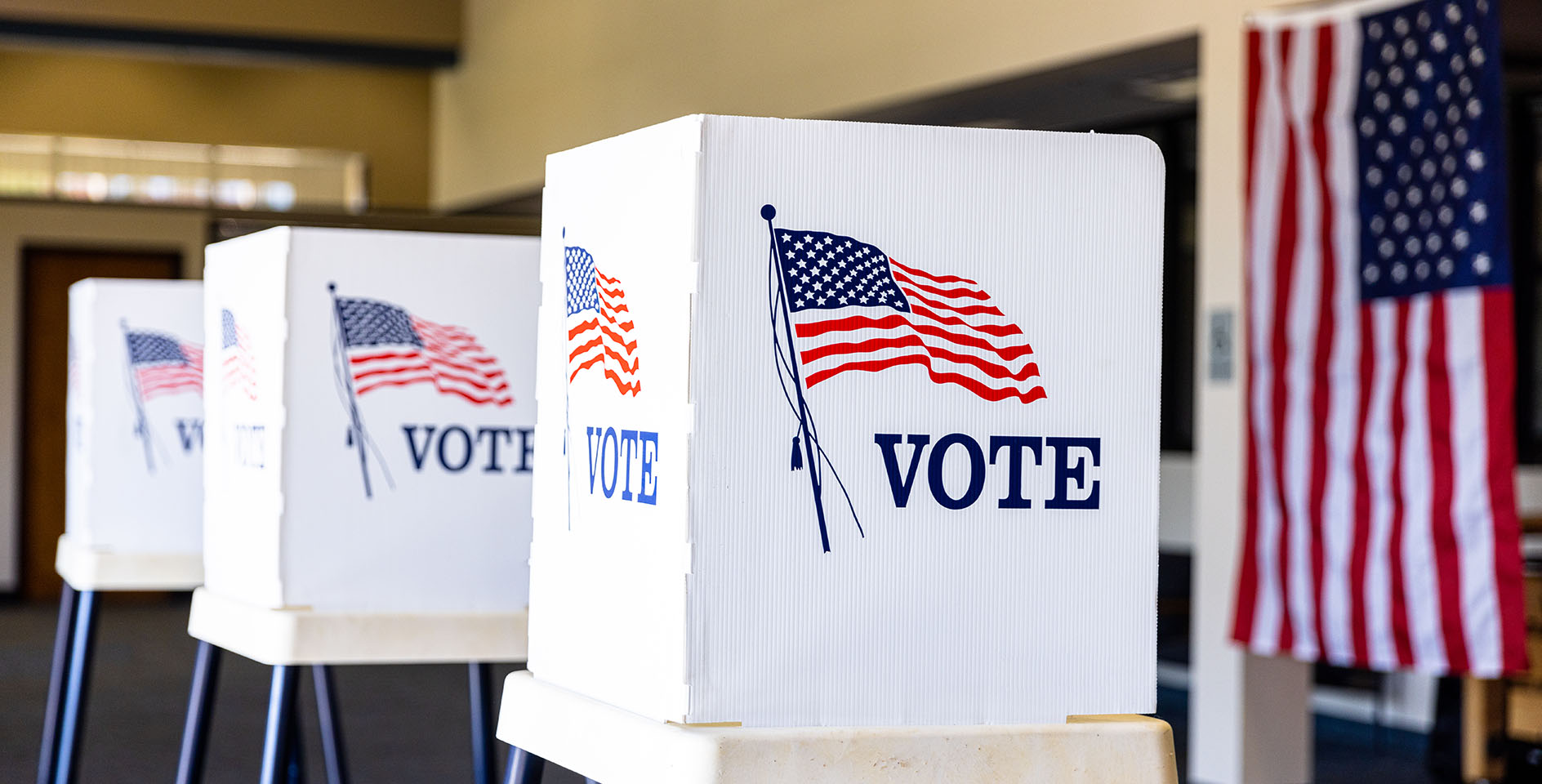Recently, the two of us had the privilege to attend an event hosted by the Trinity Forum featuring a fascinating conversation between Cornel West and Robert George. The theme of the evening was “Deep Friendship Across Deep Differences.” If you know anything about these two men, you know that they are about as different as two people can be. They sit at opposite ends of the political spectrum and, in deeply significant ways, the ideological spectrum as well. For his part, West, who is African-American, is a well known progressive intellectual. George, on the other hand, who is Caucasian, is among the most prominent academic defenders of social conservatism.
In her introduction, Cherie Harder, president of the Trinity Forum, described the two men as “an ideological odd-couple.” And in our tribal age, their considerable differences should mark them out as enemies, with the divide seeming unbridgeable. But for many years now, West and George have maintained a vibrant friendship that serves as a model of what it looks like to share deep and meaningful relationships with people unlike oneself. Their conversation touched on so many topics that it would be impossible for us to set forth all that was covered. But as we sat there, in awe of what was on display, we were able to capture several key ideas from their talk that were worth sharing.
Human dignity at the center
Probably the key theme of the evening was the concept of human dignity. Despite all of their differences, both West and George share an abiding commitment to the Christian faith. At several points during the evening, each man talked about the Christian doctrine of the imago Dei, and the fact that every person has intrinsic dignity because he or she was created in the image and likeness of God.
For both men, human dignity is a starting point when it comes to social issues, whether something as basic as friendship or civil discourse or as complicated as public policy. Recognizing the value of other people, and seeing every person as worthy of respect and dignity, changes the way you talk to and about others.
And for Christians, recognizing every person as a fellow image-bearer requires us to love them. Speaking of the political polarization present in the United States, West remarked, “love is in no way reducible to politics.”
Truth as a common bond
The men also spoke of their “fundamental commonalities.” As they pointed out themselves, perhaps the greatest thing the two men hold in common is their mutual desire to seek the truth. Though they often disagree, coming to severely disparate conclusions about questions of great consequence, each man recognizes and respects the other’s desire to seek and discover truth.
One of the most interesting things stemming from this discussion about truth was the idea of humility. Each agreed that an essential component of truth seeking is the willingness to listen and the humility to consider that he could be wrong, even about an issue he cares about deeply. George at one point commented, “every one of us has some false beliefs in our heads.” And in order to more accurately perceive what is true, George argued that the only way to divest ourselves of false beliefs is to listen to informed people make arguments that run counter to our beliefs, not so that we might simply accept their assertions but we might test them to determine their validity.
Spiritual concerns as central, not peripheral
Throughout the evening the conversation kept returning to the theme of spiritual and moral concerns. As West argued toward the end of the event, “religion and morality can be divisive, but they’re critical; they can’t be marginalized.” On its face, this claim contradicts what is typically envisioned by our public square: a neutral space where common sense arguments are brought to bear on issues of common cause. However, we cannot dismiss the moral and spiritual from the public square.
For the Christian (or anyone of faith), every action should be suffused with our moral presuppositions. Now, this does not mean that they will always be persuasive to others, but that is no reason to act as if we do not approach fundamental questions from a place of neutrality. As people of faith, we believe that we have a moral obligation to seek justice, do mercy, and walk humbly before our God (Micah 6:8) and to let justice roll down like waters and righteousness like an ever-flowing stream (Amos 5:24). Our faith guides our actions. As George said repeatedly, you cannot escape making decisions about moral issues. The only question is whether you will acknowledge your presuppositions or pretend as though they do not exist.
For the Christian, all of life flows out of our identity in Christ and the reality of his Kingdom. This is a spiritual and moral reality, which guides our life in the present. Thus, the Christian life has a moral center. So as we enter the public square, we enter with commitments, presuppositions, and beliefs about reality. We may not always address every question in the public square with explicitly Christian language, but we always approach such questions through the moral framework of our faith. Our commitment to pluralism in a democracy does not mean that we commit ourselves to relativism. It means that we foreground our spiritual concerns and bring them to bear on all that is in the public square.
A model to follow
Watching that conversation unfold between two people with incredibly different beliefs but true and deep affection for one another was powerful and deeply moving. Together, they practiced the very thing that they asked of us, intentional listening. At several points, they disagreed with one another. But the disagreement was characterized by the desire to win the other to their position and learn what they could.
In today’s age of hot-takes and soundbites, the model they propose is countercultural. But West and George are not interested in offering lessons on how to win arguments or “own” one’s opponents. Instead, they’re interested in teaching us how to see the value in other people—how to listen, how to show kindness, how to show respect, how to be a friend, and ultimately, how to live. As they tell their students in the seminar they co-teach on the subject of friendship: “You come to [this class] to learn how to die, so that you can learn how to live . . . [and] we are learning how to die together, even as we disagree.”
Amid all of the rancor and increasingly poor state of public discourse, many people may wonder if it is still possible to have honest conversations with our ideological opponents. Today we think of political enemies as an existential threat, and many would prefer their children marry someone of another religion before marrying someone from a different political party. How are Christians to supposed to confront such polarization? As West said, when thinking of those who oppose us, we must remember: “He’s a human being. There is something there to work with.”
No one, even our political rivals or ideological opponents, is beyond the reach of the gospel. And as we engage with those with whom we lack commonality, we should be mindful of their humanity and our own need for humility. Doing so may just turn an opponent into a friend.











